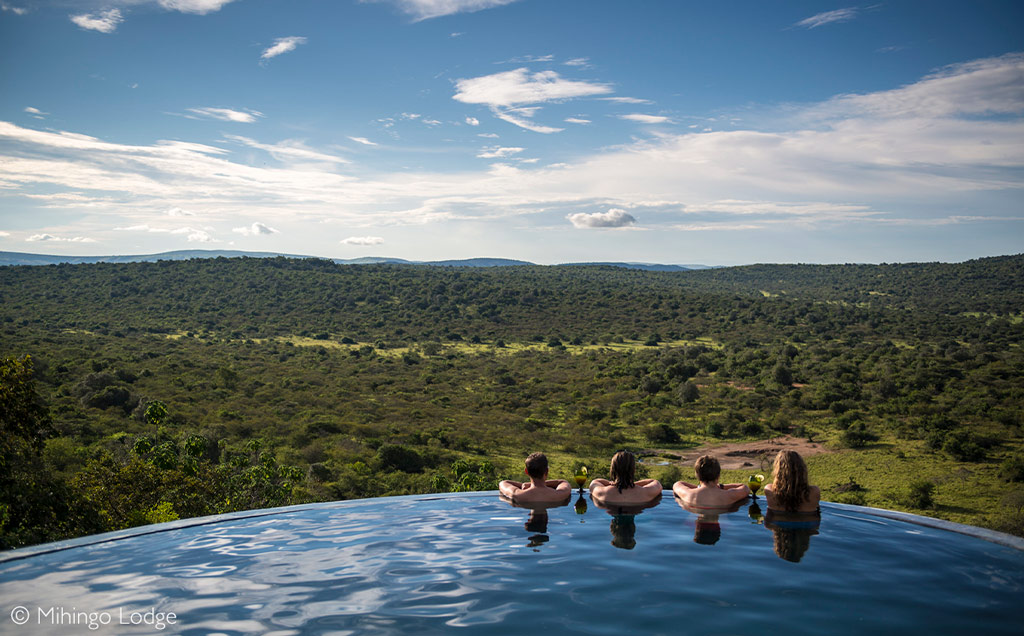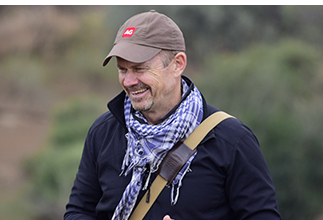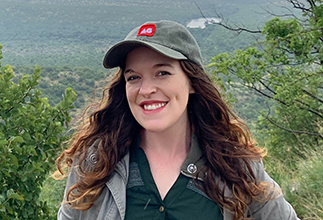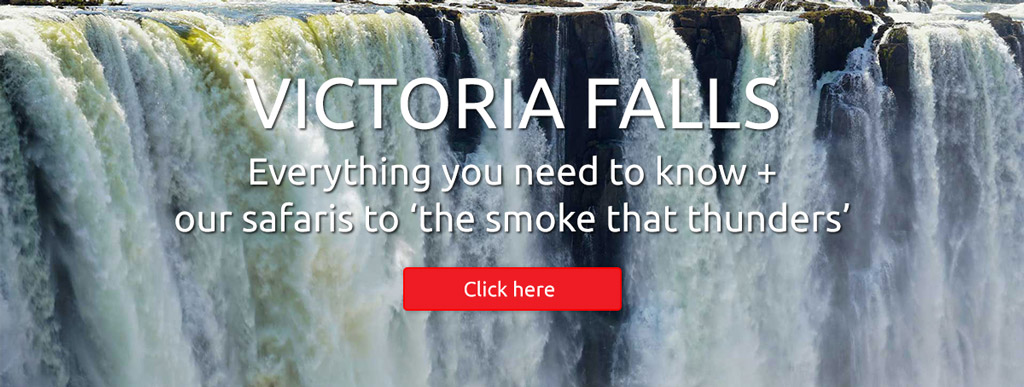
This is a copy of our weekly email newsletter. Subscribe here to receive the newsletter.
Elephant lies + marvellous Majete + spectacular pics

A high-powered Botswana delegation has been attempting to convince UK and EU decision-makers not to give in to pressure to ban the import of hunting trophies.
In this televised interview, Botswana president Masisi, a highly intelligent man and superb orator, made various dubious claims to support the case for trophy hunting. His primary concern, he said, was safety – because elephants ‘maul and maraud people.’ Of course, human-elephant conflict is a very real problem in parts of Botswana BUT these are not the elephants being hunted. Trophy hunters are not interested in the perpetrators of human-elephant conflict; they are after the dwindling population of large-tusked lone bulls. To put it more plainly: trophy hunting has no impact on the issue that Masisi claims is the primary benefit of trophy hunting. It’s obvious in this interview that he views elephants as nothing more than political collateral. An inconvenient truth for Masisi is that during his reign there has been a significant increase in elephant poaching in Botswana. He has also lorded over the decimation by poachers of what was a growing wild rhino population. Rhinos were reintroduced to Botswana by the previous regime and their conservation partners – most of whom have been cold-shouldered by the Masisi regime.
Masisi also referred to the UK’s sovereign right to determine their own regulations as ‘a resurgence of colonial conquest’. Come again? To cap it off he lamented the peddling of ‘untruths’ by those opposed to trophy hunting. Oh the irony!
It’s a pity that the Sky News interviewer and subsequent talking heads did not understand the topic and so could not interrogate the obvious flaws in his claims and the gaping omissions.
Masisi does make some excellent points about the need for his people to be incentivised to conserve animals – it’s just a pity that he also trots out untruths and hypocritical generalisations. Any sustainable conservation strategy has to be transparently applied and be rooted in science and factual accuracy

Simon Espley – CEO, Africa Geographic
From our Editor – Taryn van Jaarsveld

Did you know that, by 2070, Africa’s venomous snakes may have migrated to new territories, creating problems for people not used to dangerous encounters of the reptile kind?
Climate change is affecting the distribution of all animals on the planet, threatening delicate populations and causing some species to go extinct. New research that focused on 209 venomous snakes in Africa predicts that in the next half century, snakes will migrate to new environments that remain suitable when temperatures rise (by an average of 5ºC). The domino effect could cause the spread of diseases (due to the absence of snakes to control rodent populations), challenges to public health where antivenoms are scarce, and threats to livestock and livelihoods. What can be done? Investment into scientific research that tackles the problems facing the continent’s wildlife and people is essential.
Don’t miss our Week 3 Photographer of the Year gallery below, and our story on Kingsley Holgate’s journey of hope to Majete, Malawi.

Story 1
https://africageographic.com/stories/photographer-of-the-year-2024-weekly-selection-week-3/
SENSATIONAL SHOTS
Our 3rd Photographer of the Year gallery is here. Our selected finalists stand a chance of winning a lion collar sponsored in their name and a conservation safari
Story 2
https://africageographic.com/stories/where-it-all-began-afrika-odyssey-expedition-to-majete/
MAJETE, MALAWI
Kingsley Holgate & his Afrika Odyssey team are connecting 22 parks managed by African Parks. Read about their Majete expedition
 TRAVEL DESK:
TRAVEL DESK:
Longing for an escape to warmer climes? To lounge beside the ocean? Here’s your chance to dive in and spend a holiday in paradise. Check out our options below, or let our experts plan your unique balmy safari.

Photographer of the Year 2024
Have you submitted your entry for Photographer of the Year 2024? Curious about what all the excitement is about? Visit our website for all you need to know, from how and where to enter, to our competition rules and the epic prizes on offer – including a conservation safari and a lion research collar sponsored in your name. Don’t miss your chance to become the next Africa Geographic Photographer of the Year!

 WATCH: Liuwa Plain National Park in Zambia is home to precious Ramsar site wetlands, new lion prides & remote wilderness to get lost in. It also plays host to Africa’s second-largest wildebeest migration. With seemingly boundless horizons, the open landscape is not unlike that of some of East Africa’s most renowned safari destinations – minus the crowds. (04:23) Click here to watch
WATCH: Liuwa Plain National Park in Zambia is home to precious Ramsar site wetlands, new lion prides & remote wilderness to get lost in. It also plays host to Africa’s second-largest wildebeest migration. With seemingly boundless horizons, the open landscape is not unlike that of some of East Africa’s most renowned safari destinations – minus the crowds. (04:23) Click here to watch
For more videos celebrating Africa, check out our videos here
To comment on this story: Login (or sign up) to our app here - it's a troll-free safe place 🙂.![]()






